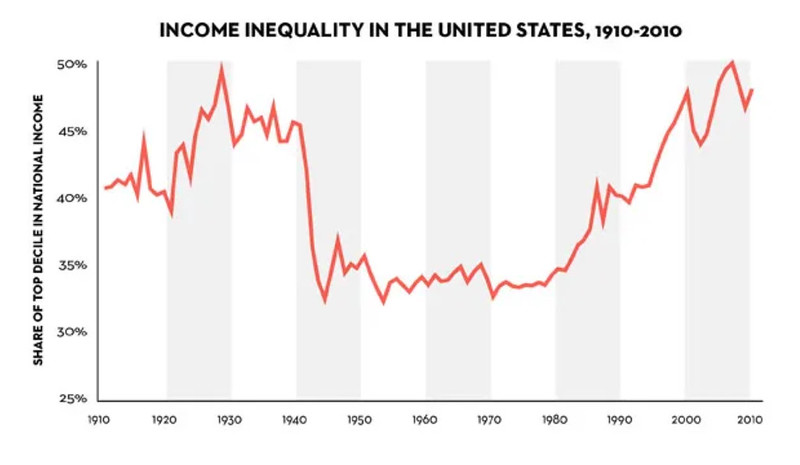Colin L
High-tech low-life
A very interesting overview of the state of the banking system. Written without jargon so even numpty's like me can follow it.
My conclusion from it is that the banking industry carries inherent risks that are currently exposed by interest rate increases after 10 years of historic lows.
https://www.bitsaboutmoney.com/archive/banking-in-very-uncertain-times/
My conclusion from it is that the banking industry carries inherent risks that are currently exposed by interest rate increases after 10 years of historic lows.
https://www.bitsaboutmoney.com/archive/banking-in-very-uncertain-times/


 dd2f7372-1359-4bf5-ab6f-77089edf51e5
dd2f7372-1359-4bf5-ab6f-77089edf51e5

